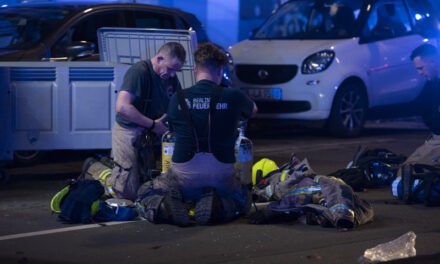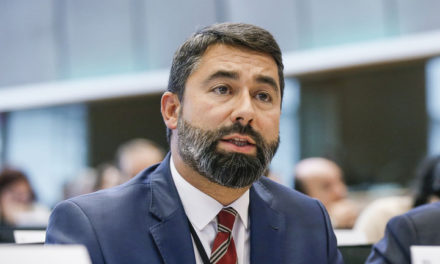They would make public transport a real alternative to car transport in the country as a whole, and as a first step they are working on the introduction of a county pass scheme, the Minister of Transport and Investments told Délmagyarország.
In an interview published in the Saturday edition of the daily, János Lázár said that he wants to make public transport more accessible and a real alternative to car transport, and even throughout the country. As one of the first steps, they are therefore working with MÁV on the introduction of the so-called county pass scheme.
Similar to the highway sticker, this would enable those living in the countryside to travel by train and bus in one or more counties at a reduced price, with a single "ticket", the politician said. He indicated: he insists that the solution be introduced in the first half of next year.
The minister explained that the organization and implementation of state investments and transport development projects in rural areas is in the first place. More highways will be built in the country .
Next year, for example, the M4 and the M49 will be on the agenda, but there are plans to expand the M1 twice to three lanes, and it is also necessary to consider the six-lane M5 up to Kecskemét or the further construction of the M9. From the point of view of making the best possible use of the economic potential of the region, the accessibility and "connectedness" of Debrecen is a key issue, which is why road 47 to the city should be made four-lane.
János Lázár called the land tax introduced by the Hódmezővásárhely municipality a socially unjust and economically stupid step.
He said that Hódmezővásárhely was unfortunately held hostage by a failed politician, and if a city's leader is a loser, then its community cannot be a winner in the long run either.
Péter Márki-Zay is the protagonist and largely responsible for the biggest political and public failure of the past 32 years, he added.
Speaking about Szeged, he emphasized that despite political differences, the government has big plans for the city. This partly means further development of the infrastructure and partly regional cooperation. Not only its past, but also its present-day features make the city suitable for the main role in the region.
Source: MTI
Photo: Csaba Karnok












